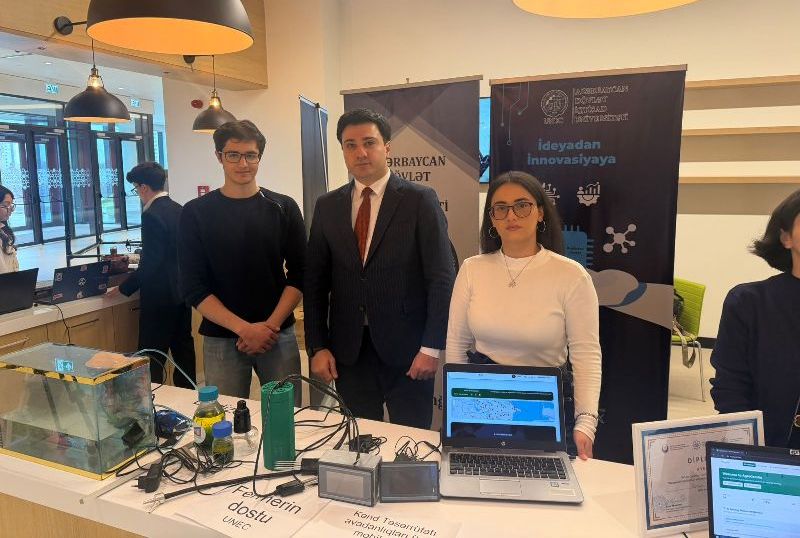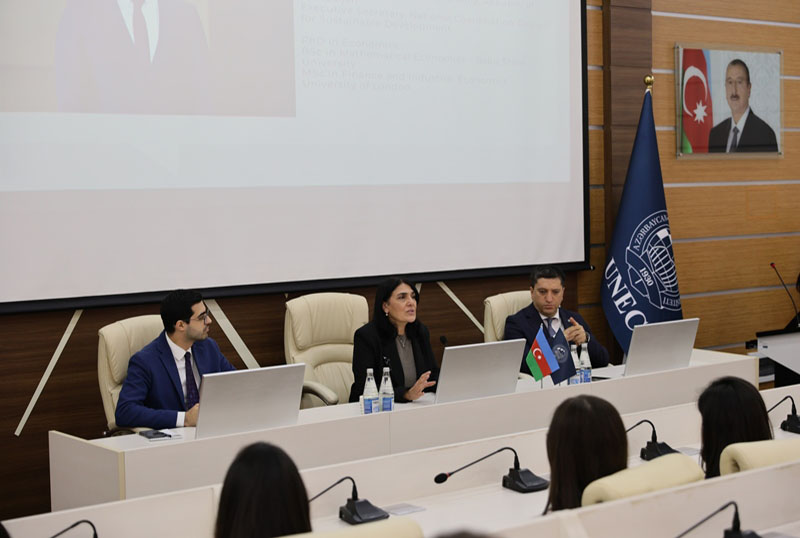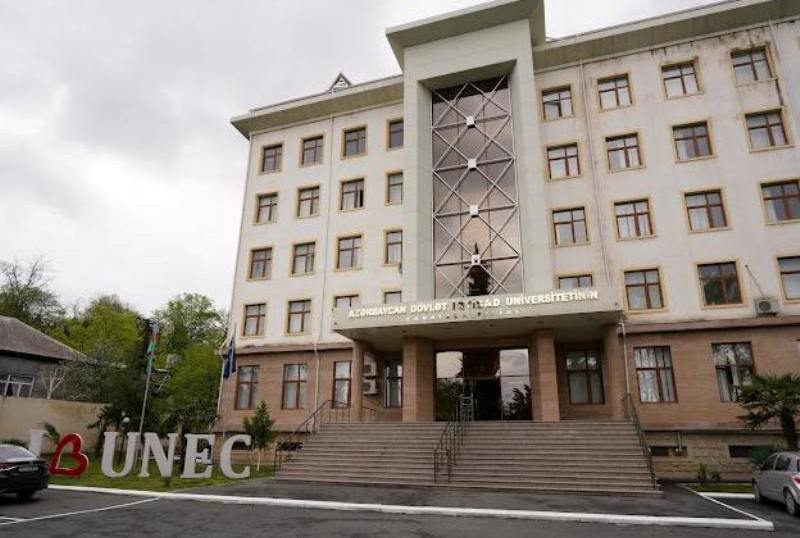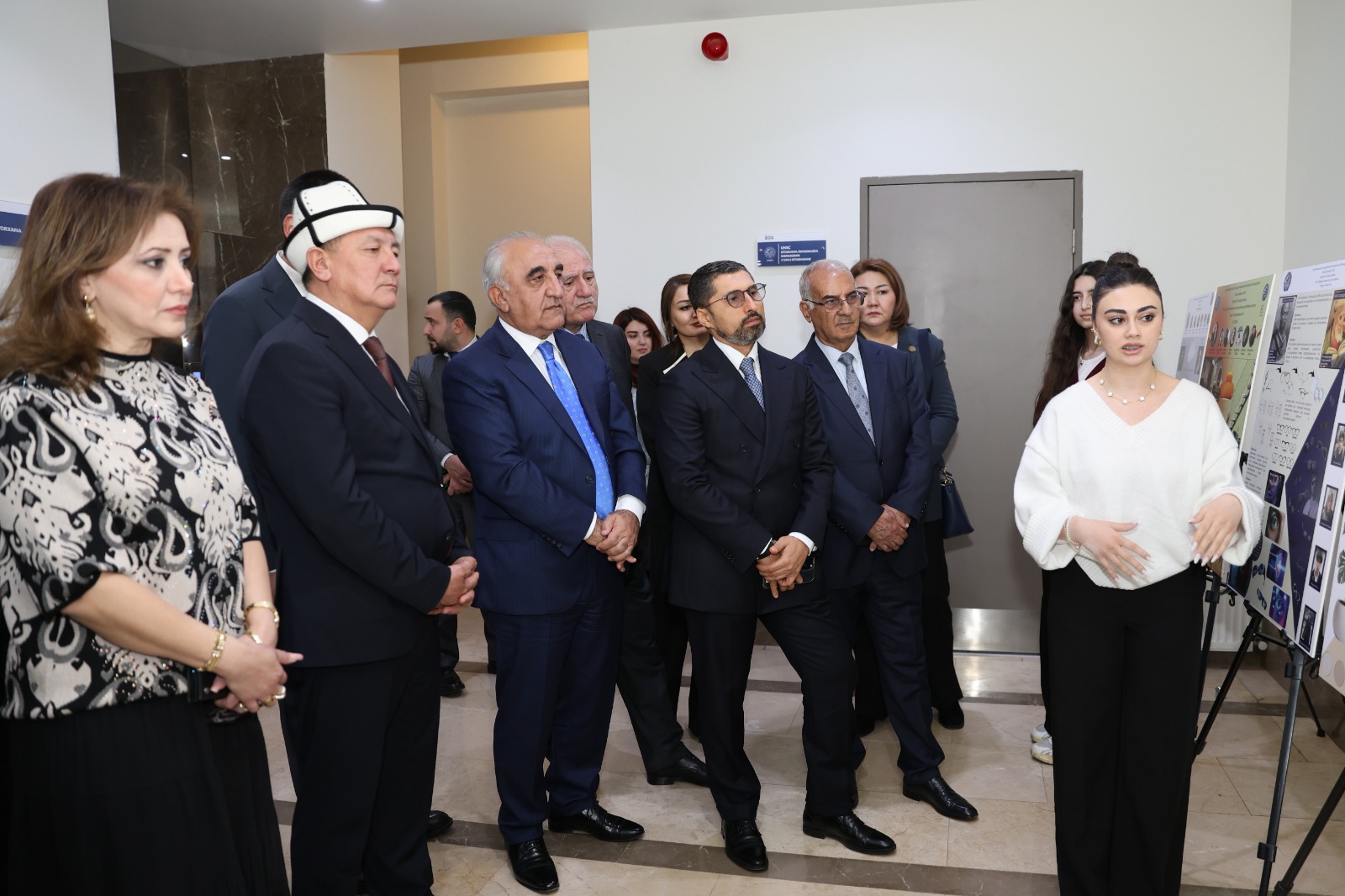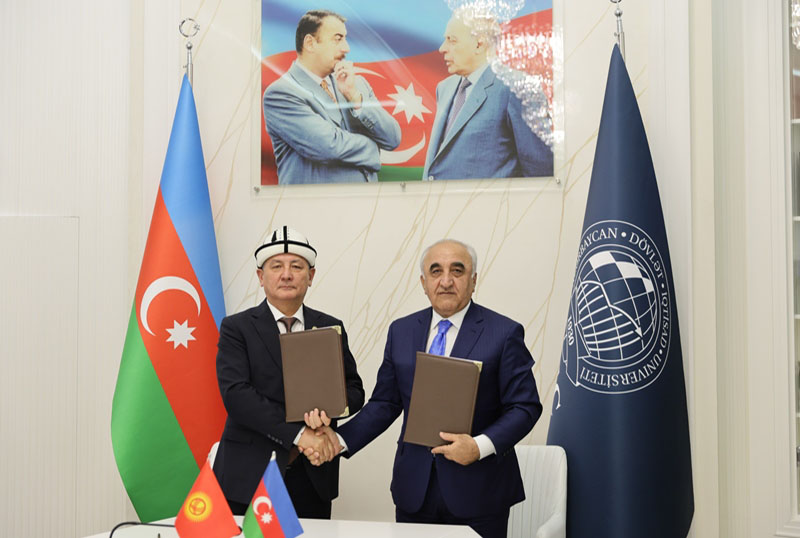The Conference of the Parties (COP) serves as a cornerstone in the global effort to combat climate change, convened under the auspices of the United Nations Framework Convention on Climate Change (UNFCCC). Among these vital gatherings, COP29 stands out as a pivotal event, slated for 2024 in Baku, Azerbaijan. This article delves into the historical context, significance, outcomes, and worldwide impact of COP29, with a particular focus on its alignment with the Sustainable Development Goals (SDGs) and the ambitious targets set forth by the Paris Agreement.
Historical Context and Importance of COP29:
COP29 represents an essential juncture in the ongoing endeavor to mitigate the adverse effects of climate change. Building upon the foundation laid by previous COP meetings, this gathering holds particular significance as it converges with global efforts to achieve the Sustainable Development Goals. With a primary emphasis on enhancing ambition and enabling action, COP29 is poised to catalyze substantial progress in the realms of emissions reduction, climate adaptation, and financial mobilization.
The Role of Azerbaijan and the "Year of Solidarity for the Green World":
Azerbaijan's selection as the host country for COP29 underscores the international community's recognition of its commitment to environmental stewardship and sustainable development. President Ilham Aliyev's declaration of 2024 as the "Year of Solidarity for the Green World" further solidifies Azerbaijan's dedication to fostering international cooperation in the fight against climate change. This declaration reflects Azerbaijan's strategic vision, as outlined in its national priorities for socio-economic development, with a particular emphasis on clean environment and green growth.
Azerbaijan's Renewable Energy Ambitions:
Aligned with its national priorities, Azerbaijan has set ambitious targets for renewable energy development, aiming to diversify its energy mix and significantly reduce greenhouse gas emissions by 2050. The country's commitment to increasing renewable power capacity to 30% by 2030 underscores its determination to transition towards a greener and more sustainable energy landscape. By leveraging its renewable energy potential, Azerbaijan seeks to emerge as a regional leader in green energy and contribute meaningfully to the global fight against climate change.
The Significance of Climate-Biodiversity Nexus in COP29:
The intricate interplay between climate change and biodiversity loss underscores the interconnectedness of these existential threats. Climate change exacerbates biodiversity loss through phenomena such as habitat destruction, species extinction, and ecosystem degradation. Conversely, biodiversity loss diminishes the Earth's capacity to mitigate and adapt to climate change, exacerbating its impacts on human societies and ecosystems.
Recognizing the intricate relationship between climate change and biodiversity loss, COP29 holds the promise of advancing coordinated strategies that address both challenges simultaneously. This recognition underscores the imperative of integrating biodiversity considerations into climate change plans and vice versa. Climate change poses direct threats to biodiversity through phenomena such as habitat destruction, species extinction, and ecosystem degradation, exacerbating existing vulnerabilities. Conversely, biodiversity loss undermines the Earth's capacity to mitigate and adapt to climate change, diminishing ecosystem services vital for human well-being and planetary health. Therefore, COP29 presents a crucial opportunity to mainstream biodiversity concerns within the broader climate agenda, promoting synergistic approaches that maximize co-benefits and enhance policy effectiveness. Key priorities include scaling up investments in nature-based solutions, enhancing ecosystem-based adaptation measures, and prioritizing the conservation and restoration of critical ecosystems. Additionally, COP29 should strengthen synergies between climate and biodiversity finance mechanisms, leveraging resources to support integrated projects with multiple benefits. As delegates convene in Baku to chart the course for collective action, they must seize this historic opportunity to forge a greener, more resilient future for generations to come.
In conclusion, as we anticipate the outcomes of COP29 in Azerbaijan, we hold the aspiration that this summit will be remembered as a pivotal moment in history. With the ambitious goal of transitioning climate finance from billions to trillions, COP29 represents an unprecedented opportunity to catalyze transformative change on a global scale. Azerbaijan's hosting of this event, coupled with its commitment to environmental sustainability, underscores the significance of this gathering. As we look ahead, we remain hopeful that COP29 will serve as a catalyst for bold action, paving the way for a greener, more resilient future for generations to come.
Sultanova Narmin
3rd year student of Azerbaijan State University of Economics (UNEC) "SABAH" faculty,
majoring in "Finance", group number 406\2





